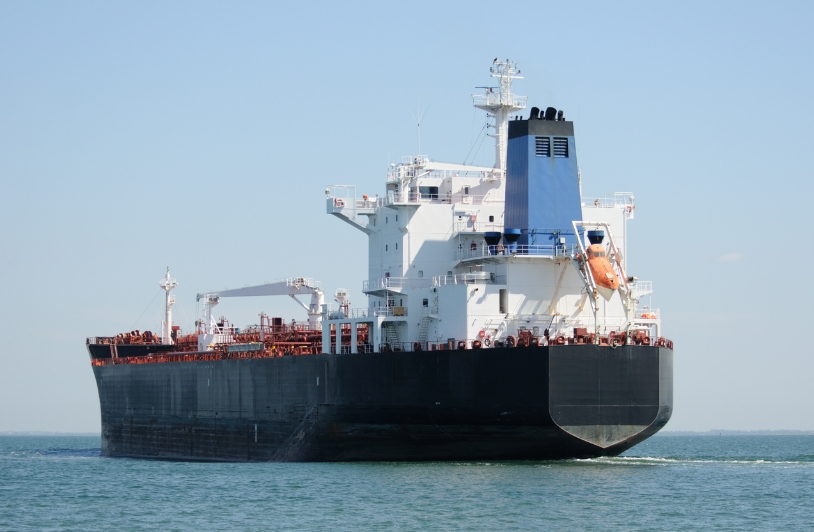Navigating Towards a Cleaner Future: Preventing Oil Spills in Shipping Industry
Key Ideas
- The collision of two ships in the North Sea raised concerns about environmental damage from potential oil spills, emphasizing the need for preventive measures.
- Investing in better ship maintenance, using alternative fuels like hydrogen, and training crews on spill response are key strategies to minimize oil spill risks.
- Implementing smarter route planning, aided by advanced technology, can significantly reduce the likelihood of accidents and oil spills, ensuring a cleaner future for the shipping industry.
- Transitioning towards cleaner energy sources not only benefits the environment but also provides a competitive edge and promotes sustainable business practices in the shipping sector.
The recent collision of two ships in the North Sea on March 10 has reignited concerns about oil spills and their detrimental effects on the environment. The incident, involving a ship carrying jet fuel, underscores the urgency for preventive measures in the shipping industry. Statistics reveal a concerning trend of large oil spills from tanker incidents, highlighting the need for proactive approaches to mitigate risks. To address this issue, shipping companies are advised to invest in better ship maintenance to prevent disasters caused by aged vessels. Furthermore, adopting alternative fuels such as hydrogen, biofuels, and liquefied natural gas can significantly reduce spill risks and emissions.
Hydrogen, in particular, is praised for its spill-resistant properties and zero emissions when used in fuel cells. However, challenges related to safe storage and transport are being addressed by leading hydrogen storage companies. By implementing efficient storage solutions and establishing hydrogen fuel stations at ports, the industry can transition towards clean energy sources, reducing environmental risks.
Another crucial aspect of preventing oil spills is training ship crews to handle fuel responsibly. Equipping crew members with spill prevention techniques, emergency response drills, and proper containment protocols is essential for quick and effective action in case of spills. Additionally, smarter route planning using advanced technology like GPS and AI-powered systems can help shipping companies navigate safer paths, avoiding high-risk areas and potential accidents.
Ultimately, the shift towards cleaner practices in the shipping industry is not only vital for environmental protection but also offers economic benefits and a competitive advantage. Embracing sustainable business models and prioritizing ocean conservation will pave the way for a cleaner and safer future for shipping companies and the marine ecosystem.
Topics
Fuel Cells
Clean Energy
Alternative Fuels
Shipping Industry
Environmental Protection
Ship Maintenance
Oil Spills
Crew Training
Route Planning
Latest News
